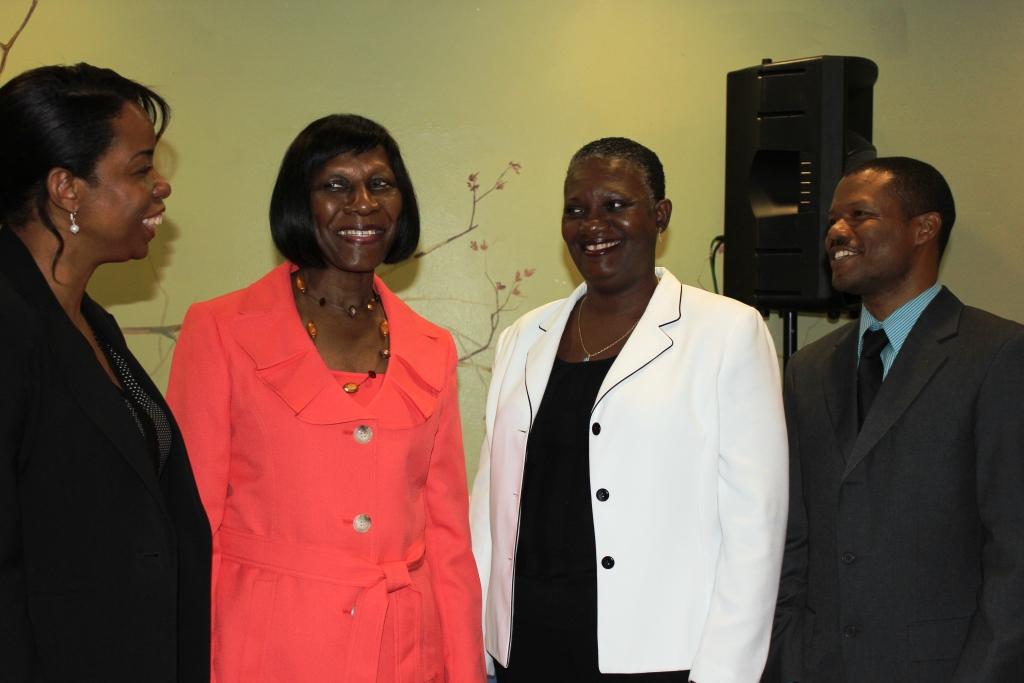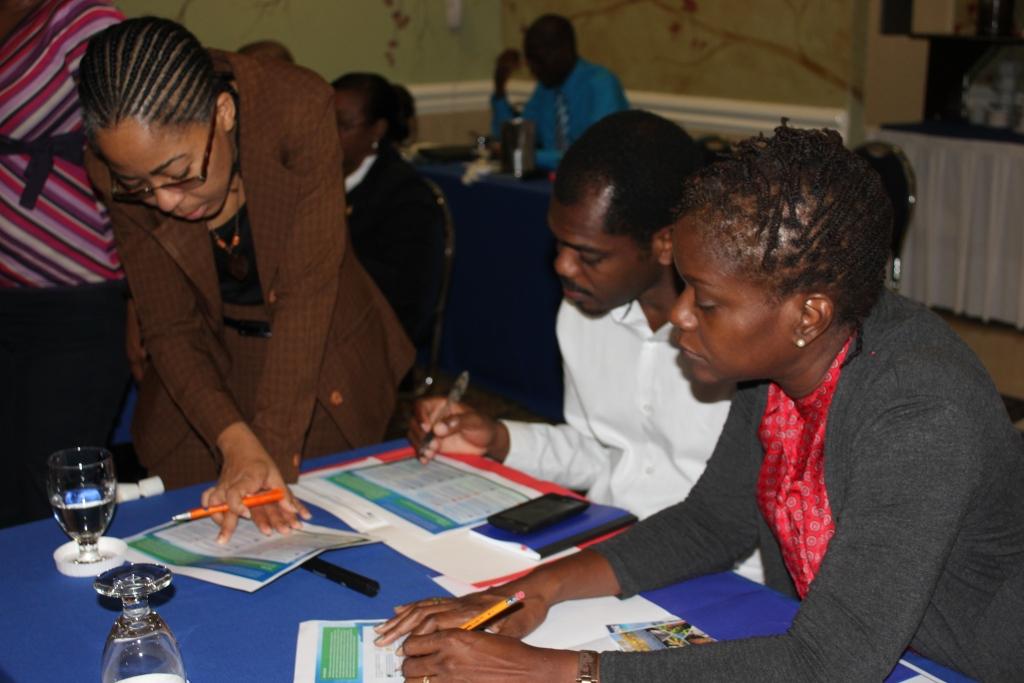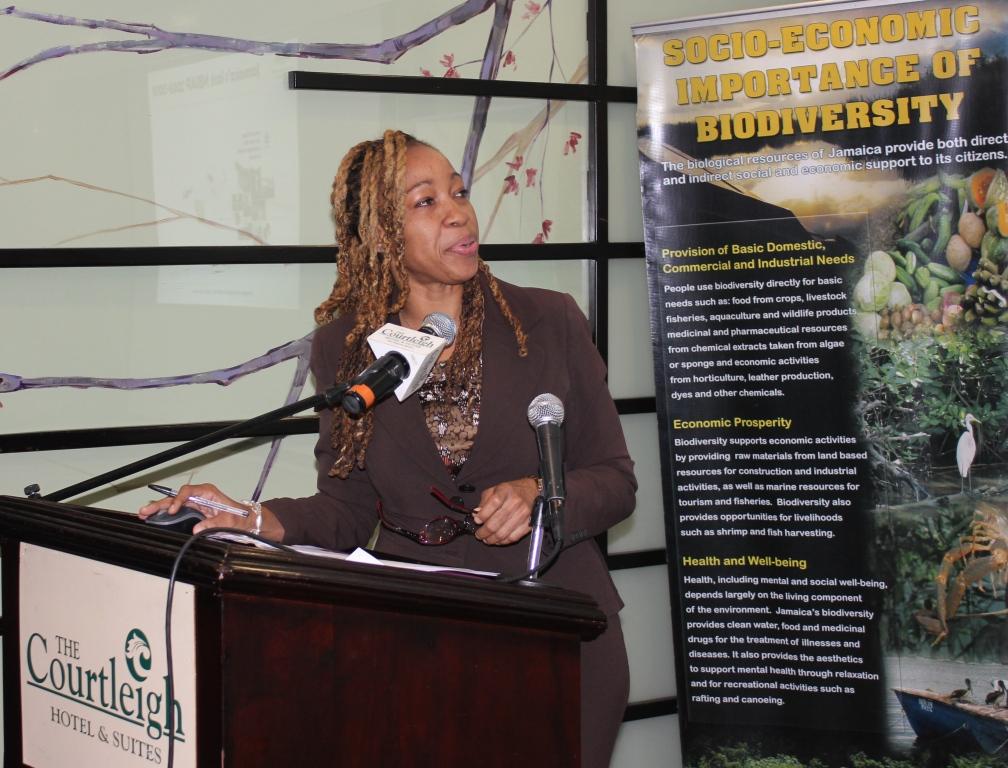Jamaica's Biodiversity To Guide Development And Help To Reduce Poverty
October 15, 2014
As of next year, Jamaica's biodiversity and ecosystem services will be used as key consideration in the island's development decisions and poverty reduction strategies.
This will be accomplished by a revision of the National Biodiversity Strategy and Action Plan, through a new project being spearheaded by the National Environment and Planning Agency (NEPA). The project - the National Biodiversity Strategic Plan Project (NBSAP) - aims to support the implementation of the Convention on Biological Diversity (CBD) 2011-2020 Strategic Plan in Jamaica.
Anthony McKenzie, Director of Environmental Management and Conservation Division at NEPA said the national biodiversity strategy when updated will serve as a strong basis for the country to achieve more of its sustainable development goals post 2015.
"NEPA is committed to finding the balance between development demands and environmental conservation. In updating the national biodiversity strategy, biodiversity conservation issues will be integrated into several national planning frameworks. Emphasis will be placed on incorporating biodiversity values and services into local and national development plans which will then feed into the poverty reduction strategies of the government," he said.
Mr. McKenzie noted that the revised biodiversity strategy will produce measurable targets to safeguard or restore key ecosystem services, especially for water, health and livelihoods. It will also make recommendations that could help the island's natural resources to adapt and become more resilient to climate change impacts.
The national biodiversity strategy will outline ways in which environmental actions can be mainstreamed into the planning and activities of all sectors to achieve a positive impact on the island's biodiversity.
Dione Chambers, NEPA's Project Manager said that the updated National Biodiversity Strategy and Action Plan will build on the framework set by a 2003 version of the plan. The update will be achieved through an extensive process of cross-sectoral and multidisciplinary stakeholder engagement.
A Project Inception Workshop to inform stakeholders of the project is scheduled for the Courtleigh Hotel on Thursday, 16 October 2014.
"We have invited a wide cross section of stakeholders to include, state and non-governmental entities, private sector, civil society and vulnerable groups to inform them about our plans and galvanize their help and commitment to the process," she informed.
Chambers said that following this workshop, a working committee will be formed to update the data for the national biodiversity strategy and action plan, develop national targets and anchor the implementation of the new Plan into the national development framework for sectors such as agriculture, forestry, fisheries, tourism, mining, water, housing, town planning, transport, heritage and disaster management.
The US$250,000 NBSAP Project which will last for one year is funded by the Global Environment Facility (GEF) through the United Nations Development Programme (UNDP) and the Government of Jamaica.
The implementation of the NBSAP Project forms part of the island's obligations under the Convention on Biological Diversity (CBD), to which Jamaica became a Party in 1995. The project will also prepare the Fifth National Report on Biodiversity Conservation for submission to the CBD.




